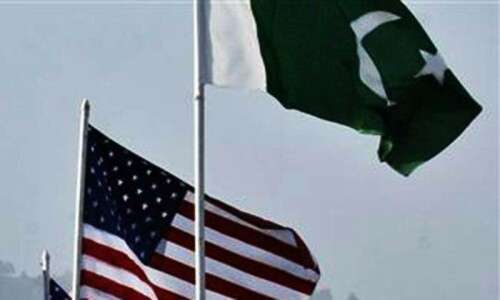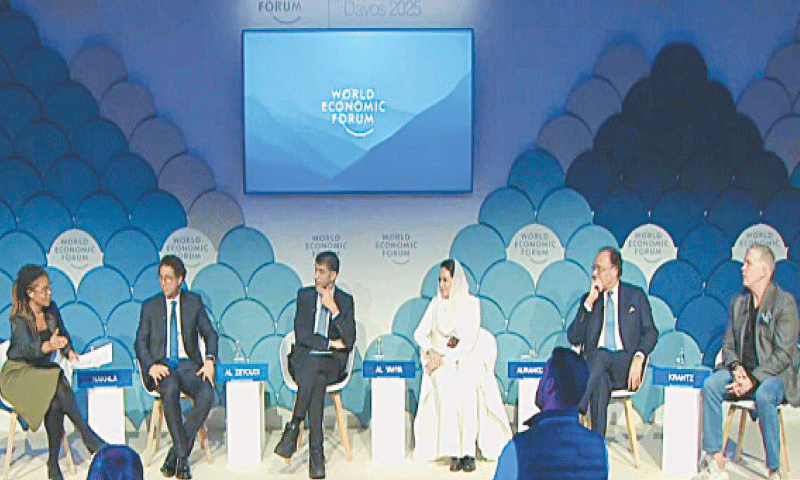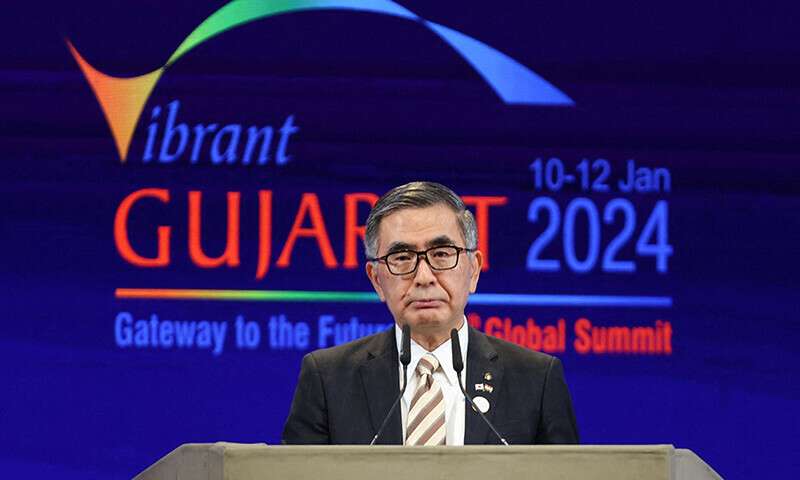A high-level US delegation, led by Eric Meyer — the top official for the Bureau of South and Central Asian Affairs at the US State Department — is scheduled to visit Islamabad from April 8 to 10, 2025. The visit aims to strengthen American involvement in Pakistan’s minerals sector during a landmark investment forum.
The Pakistan Minerals Investment Forum 2025 (PMIF25), set for April 8-9 at Islamabad’s Jinnah Convention Centre, is being jointly organized by the Oil and Gas Development Company Limited (OGDCL), the Government of Pakistan, and various strategic partners. The event is poised to become a key international platform for engaging global investors interested in Pakistan’s rich and largely untapped mineral resources.
In a formal announcement, the US State Department revealed that Meyer’s meetings with senior Pakistani leaders will revolve around expanding investment opportunities for American businesses and reinforcing bilateral economic relations. Discussions will also touch on enhancing collaboration in counterterrorism.
This diplomatic move follows economic tensions triggered by the previous imposition of a 29% US tariff on Pakistani imports, part of broader global trade restrictions that targeted numerous nations. The move was a response to the 58% tariffs Pakistan charges on American imports, as highlighted during a public presentation by former US President Donald Trump.
Despite such trade frictions, Pakistan exports roughly $6 billion worth of goods annually to the US — making up 18% of the country’s total exports. However, these account for just 0.16% of the US’s massive $3.36 trillion annual import volume. In contrast, regional competitors like Vietnam (4.2%), India (2.7%), Bangladesh (0.26%), and Sri Lanka (0.09%) enjoy more substantial shares in the American market.
A significant proportion — around 75% to 80% — of Pakistan’s exports to the US consists of textile products. Other notable exports include leather goods, rice, surgical instruments, cement, steel, and salt. Within the textile sector, Pakistan continues to face stiff competition from Asian neighbors such as China, India, Vietnam, Cambodia, Indonesia, and Bangladesh.
Meanwhile, Prime Minister Shehbaz Sharif’s administration has frequently emphasized the role of Pakistan’s mineral assets in driving future economic growth. Officials view strategic investment in minerals as a central pillar in the government’s development agenda.
In line with this vision, Saudi Arabia’s state-backed Manara Minerals has shown keen interest in acquiring a stake in Balochistan’s Reko Diq project. The company previously visited Pakistan for discussions and feasibility reviews. Reko Diq, believed to be among the world’s largest unexploited copper-gold reserves, is a joint venture between the Pakistani government and global mining giant Barrick Gold.
The upcoming PMIF25 presents a pivotal moment for Pakistan to attract foreign capital, build global partnerships, and spotlight its potential as a mineral-rich economy.
FAQs
1. What is the purpose of the US delegation’s visit to Islamabad?
The US delegation, led by Eric Meyer, aims to strengthen business ties, especially in the critical minerals sector, and engage with Pakistani officials on economic and security cooperation.
2. What is PMIF25 and when is it happening?
The Pakistan Minerals Investment Forum 2025 (PMIF25) will take place on April 8-9 at the Jinnah Convention Centre in Islamabad. It is designed to attract foreign investors to Pakistan’s minerals industry.
3. Which sectors of Pakistan’s exports are most affected by US tariffs?
Textiles, which make up 75-80% of Pakistan’s exports to the US, are most affected. Other key exports include leather goods, surgical instruments, rice, and construction materials.
4. What role does Reko Diq play in Pakistan’s mineral strategy?
Reko Diq, a large copper-gold deposit in Balochistan, is central to Pakistan’s strategy for mineral sector development and is attracting international interest, notably from Saudi Arabia and Barrick Gold.
5. Why is the minerals sector important for Pakistan’s economy?
The sector holds immense untapped potential and is seen as a catalyst for economic revival, job creation, and foreign investment — especially amid ongoing global interest in critical minerals.



